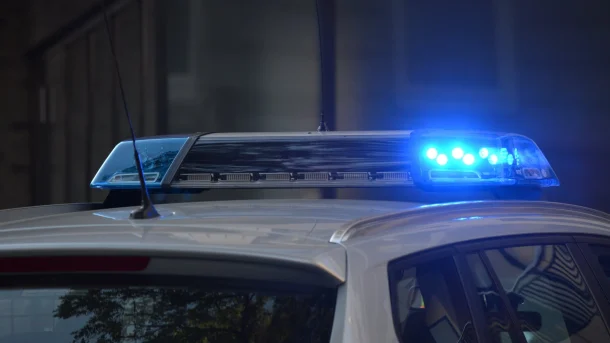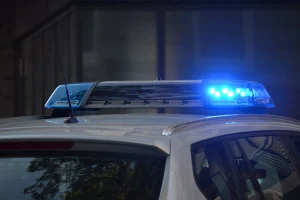A National Police Check (NP Check) can be likened to a’speed check’ – a record check of a person’s criminal convictions and/or arrest records, to check on their suitability as a member of a particular organisation, or to prevent fraud. A national criminal record check can also be requested from certain public bodies such as schools and local authorities, to check on a prospective employee’s background. It is worth speaking to a professional company that specializes in background checks if you have been denied a job due to a pre-employment criminal records check or if you suspect you may have been convicted. It is almost impossible to find this information free of charge, so professional companies charge a small fee. It may be worth paying a small fee to avoid any problems that could affect your future applications for work or purchase of property.
The reason you may be asked to pay a fee for a national police check is that a UK court ordered a criminal record check against the applicant’s name / details. A national police check is not carried out for every applicant – a police check needs to be requested by a private company specialising in these type of checks. Most checks are done when a potential client is denied a job or feels they have a criminal record that would otherwise be considered unprofessional. Sometimes, a parent with young children may request this to ensure that their child is not placed under the care of someone with criminal records.
There are three ways to request a police check: via the Internet, via a phone call, or by going to the police office in person. First, choose the method you want to get a certificate. You can search online for companies offering this service. All three major websites are dedicated to it. All the sites will give you information on how and where to get a police certification.
Once you have found a site that you like, you will need information. This includes your full names, date of birth and full address as well as gender, occupation and any criminal records. It is extremely important that all the details that are provided are as accurate as possible, as mistakes can seriously damage your chances of being accepted for a job or even applying for insurance. Many of the sites that offer this service now require full information on applicants. They no longer accept names, ages, or employment status. However, most sites still accept name and employment status.
Some states also conduct checks on their citizens. These are subject to change from one state or another, depending on what information is needed and the criteria for acceptance. If your application is approved, you will usually receive a copy of the police check report in the post. These can be downloaded from the official website of state police agencies if they accept electronic files. If you prefer a printed copy, you can contact state police agencies directly.
Most police checks are carried out as part of a wider ongoing criminal activity review process. This is usually referred to as APSR. This procedure allows police officers to identify suspects in criminal activity and to investigate further. This information includes the date and times of arrival, location and gender of arrest, as well details such as driving license, contact details, and driving license. If you fail the APSR request, the information will be given to the relevant authorities for investigation.
All police checks are performed under the statutory powers of the Australian Federal Police. You can find more detailed information on each section of the Legislation by clicking on the appropriate link below. You can request a police inspection via email. However, the attachments to the documents cannot be read directly. It is possible that the attachments could become corrupted, affecting the application’s functionality.
Police Check applications must be signed electronically. In order to speed up the process, ensure you correctly spell the person’s last name, first name and middle initial. In addition, if you need any further information about obtaining a police certificate or registration number, you will often be able to find it on the internet by using one of the many online resources available.






